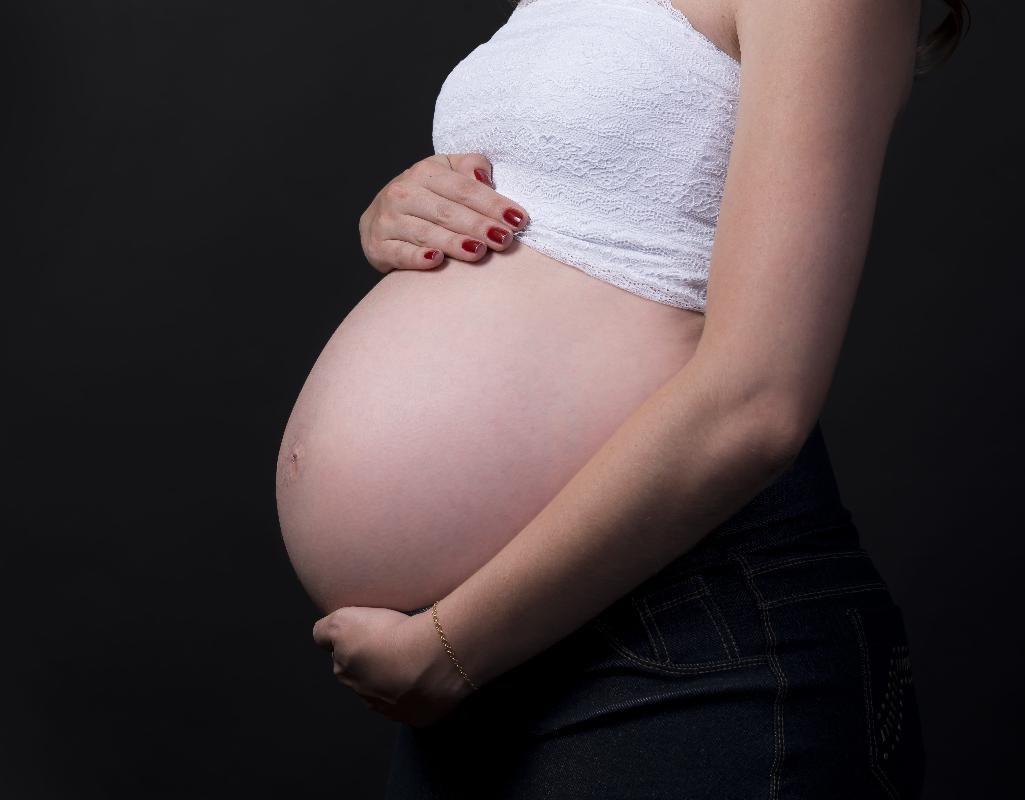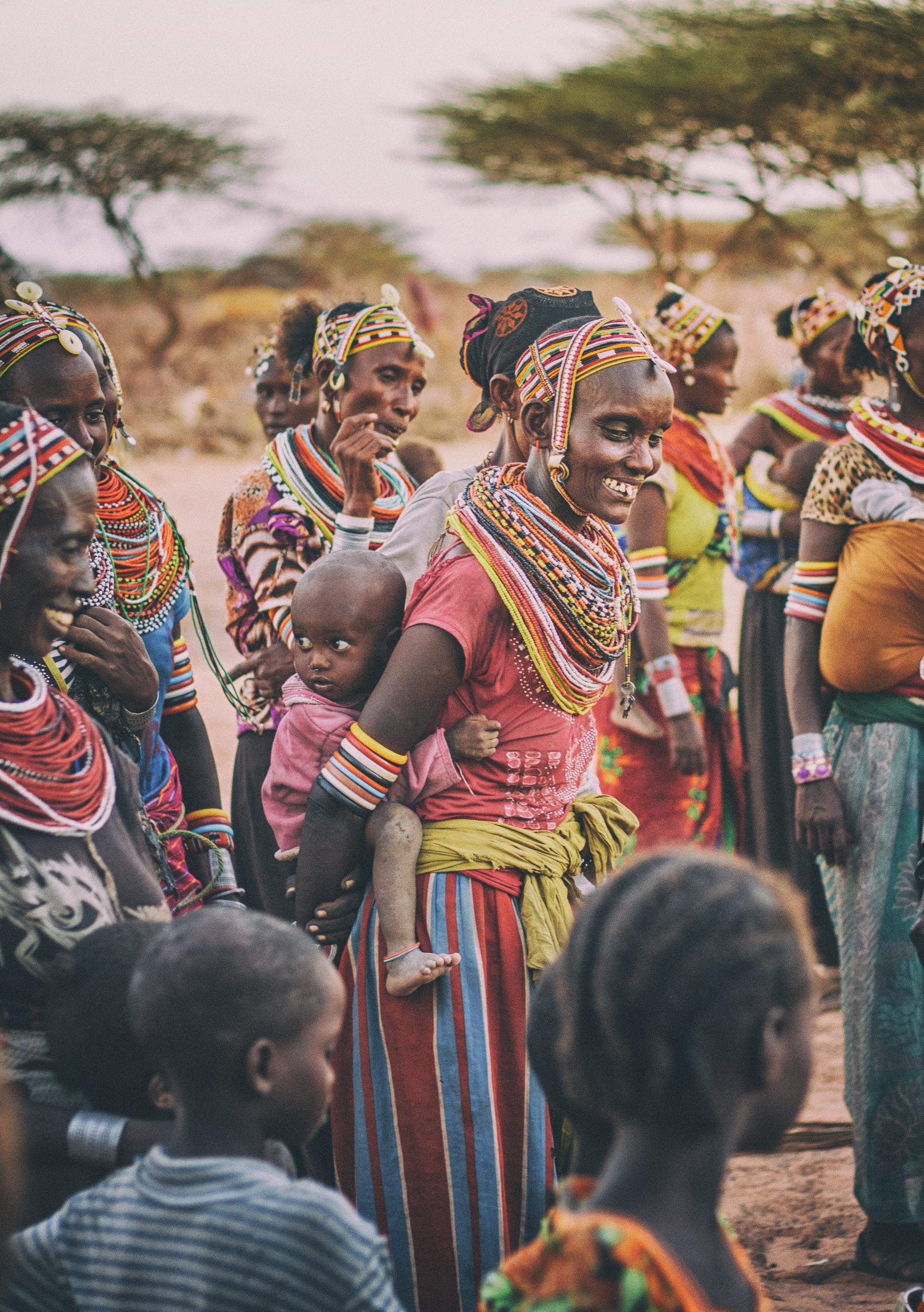Colonisation
It is estimated that globally approximately 18% of pregnant women are colonized by GBS - totalling over 21 million women annually. Most of the time GBS causes no harm. In a small number of cases, colonisation of pregnant women may result in maternal, fetal, or early-onset neonatal disease which can lead to maternal death, stillbirth, neonatal death or neurodevelopment impairments. In order to prevent the transmission of GBS from mother to infant, it is important to conduct early screening of pregnant women for GBS and administer intrapartum antibiotic prophylaxis to at-risk women.
GBS can be found in many animal species, including mammals, reptiles and fish, causing disease with important social and economic impact. In humans, it is an opportunistic commensal that frequently colonizes (infects assymptomatically) the genital, gastrointestinal and upper respiratory tract of both males and females.

Transmission

Maternal colonization is the principal route of GBS transmission in early-onset infections (infants of 0-6 days) as bacteria can spread either in utero by ascending infection or during birth through neonatal aspiration of contaminated amniotic or vaginal fluids.
Risk Groups
It is estimated that globally approximately 18% of pregnant women are colonized by GBS - totalling over 21 million women annually. Most of the time GBS causes no harm. In a small number of cases, colonisation of pregnant women may result in maternal, fetal, or early-onset neonatal disease which can lead to maternal death, stillbirth, neonatal death or neurodevelopment impairments. In order to prevent the transmission of GBS from mother to infant, it is important to conduct early screening of pregnant women for GBS and administer intrapartum antibiotic prophylaxis to at-risk women.

Photo by Ian Macharia on Unsplash
Click here to find out more about how GBS progresses to cause disease among the different risk populations.







